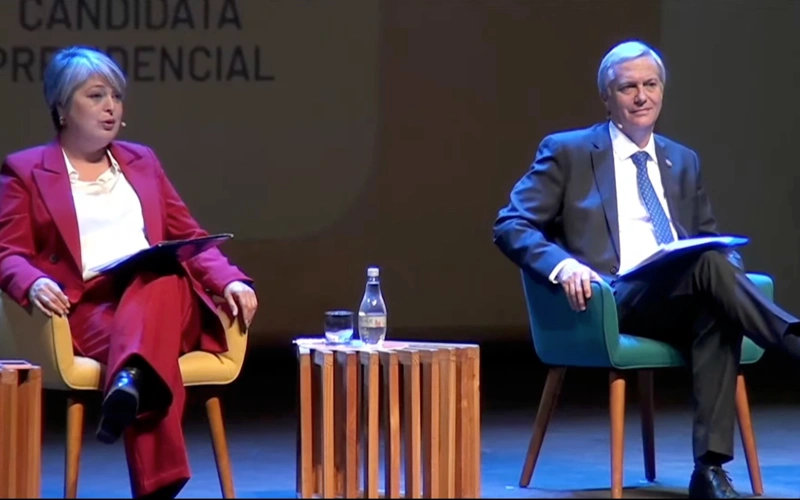Chile’s runoff: Who are Kast and Jara and what do they represent
Chile’s runoff contenders, José Antonio Kast and Jeannette Jara, bring different political backgrounds and contrasting approaches that reflect broader global trends, Qazinform News Agency correspondent reports.

José Antonio Kast: A conservative rooted in long political experience
José Antonio Kast, 59, is a lawyer and long-serving figure in Chilean politics. He has worked as a city councilor, served multiple terms as a member of parliament, and later founded the Republican Party. His political trajectory is shaped by decades inside the country’s institutions rather than by outsider activism.
Kast promotes a more assertive conservative agenda focused on security, border enforcement, and a leaner state. His proposals resonate with voters who believe earlier administrations did not respond adequately to rising concerns about irregular migration and public safety.
Analysts note similarities between Kast and conservative leaders elsewhere who have gained ground by prioritizing order and national identity. His messaging aligns with trends seen in the United States under Donald Trump, in Argentina with Javier Milei, and in El Salvador with Nayib Bukele. Kast distinguishes himself from traditional Chilean conservatives by presenting a sharper break from previous policy compromises.
Though some critics describe him as far-right, Kast rejects that characterization and emphasizes that he would operate within Chile’s institutional framework. His challenge in the runoff will be converting concern about security into broader support without alienating moderate conservative voters.
Jeannette Jara: A 51-year-old minister-turned-presidential contender
Jeannette Jara, 51, comes from the modernizing wing of the Communist Party and has built her career inside public institutions. She is a trained lawyer and social security specialist who served as Minister of Labor and Social Welfare in President Gabriel Boric’s administration. Before joining the cabinet, she worked in union-linked organizations and public service roles focused on social protection.
Her campaign highlights economic security, essential services, and practical policy improvements rather than ideological symbolism. To broaden her reach, Jara has avoided traditional communist imagery and instead uses a contemporary, accessible style aimed at voters who prioritize stability and everyday concerns.
Jara’s rise reflects a wider shift within the left across Latin America, where new leaders focus on cost-of-living issues and institutional continuity rather than sweeping ideological programs. Analysts say her generation of left-wing politicians mirrors trends in other countries where progressive parties have rebranded through negotiation, coalition-building, and pragmatic reform.
Her main challenge remains public skepticism toward the Communist Party label, which still shapes perceptions among undecided voters despite her effort to project a moderate and policy-focused image.
What their contest reveals about Chile’s political moment
The Kast-Jara race illustrates two global political currents: a more assertive conservatism centered on security and national identity, and a modernized left that aims to expand social protections through institutional channels.
Kast embodies the appeal of conservative movements gaining traction worldwide among voters seeking stronger action on crime and borders. Jara represents an updated version of the left that responds to economic pressures while distancing itself from older ideological frameworks.
Analysts suggest the runoff reflects a weakening of Chile’s traditionally strong political center, a trend mirrored in many countries where voters increasingly choose candidates offering clearer ideological identities. The outcome will signal how Chile positions itself within these broader global currents.
As Qazinform News Agency earlier reported, Chile held one of its most polarizing elections in recent years, with Kast and Jara advancing to a December runoff after neither secured the majority needed for an outright victory.
